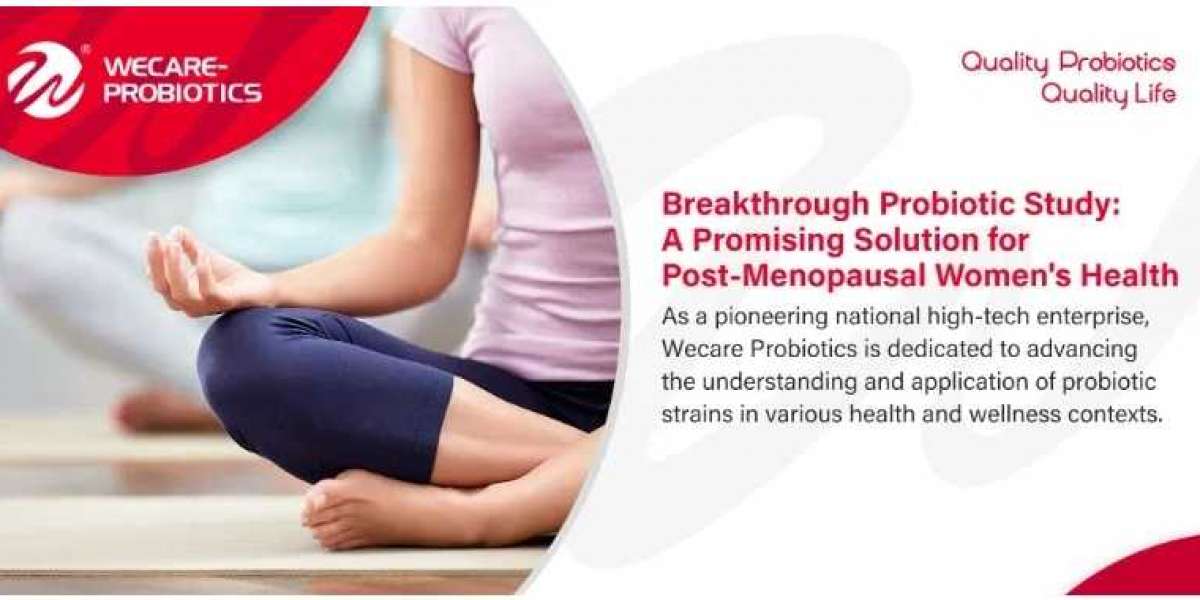Wecare Probiotics Co., Ltd., a leader in probiotic research and innovation, is thrilled to highlight a groundbreaking study that showcases the potential of probiotics in supporting post-menopausal women's health. As a pioneering national high-tech enterprise, Wecare Probiotics is dedicated to advancing the understanding and application of probiotic strains in various health and wellness contexts.
The recent study conducted in Italy has shed light on the remarkable benefits of a specific probiotic combination comprising L. plantarum, L. rhamnosus, and B. lactis. While previous research has primarily focused on women aged 18-45, this new evidence underscores the significant impact these probiotics can have on post-menopausal women.
Published in the journal Nutrients, the study involved a cohort of 50 healthy post-menopausal women and demonstrated the probiotics' ability to positively modulate the vaginal microbiota and enhance immune response over a 28-day period. Menopause, characterized by hormonal changes and reduced ovarian function, can lead to various physiological and psychosocial alterations, including increased risks of cardiovascular issues, bone fragility, and vulvovaginal atrophy (VVA). VVA, a result of sex steroid loss, often leads to discomforts such as decreased vaginal elasticity and hydration, as well as an elevated risk of urinary infections.
The study's findings revealed a significant reduction in the genus Staphylococcus, a decrease in Gardnerella and Atopobium, and an increase in Lactobacillus and Bifidobacterium abundance. Notably, a remarkable improvement in the relative abundance of Lactobacillus and Bifidobacteria was observed, with notable benefits at the species level, particularly for L. crispatus.
The Vaginal Health Index, a clinical tool used to assess VVA and vaginal well-being, showed a 50% overall improvement in the participants. This included a 60% increase in elasticity and fluid volume, indicating enhanced lubrication and reduced atrophy and inflammation. Additionally, pH measurements revealed a significant reduction, with a notable decrease in women having a pH 6.0 after the 28-day treatment period.
Furthermore, the study evaluated local cytokine expression associated with inflammatory processes, observing a significant reduction in vaginal levels of IL-6, IL-1β, TNF-α, and IL-8 by the end of the trial. These findings align with the positive trends observed in other parameters, collectively highlighting the probiotics' positive impact on post-menopausal women.
Wecare Probiotics Co., Ltd. is proud to contribute to the growing body of evidence supporting the use of specific probiotics in women's health across different life stages and related conditions. Our commitment to research and development, combined with our extensive range of probiotic products, underscores our dedication to promoting human health and well-being. This study not only offers valuable insights into the modulation of the vaginal microbiota but also emphasizes the potential of probiotics in managing symptoms associated with post-menopause. As always, we remain dedicated to providing innovative solutions that support the health and wellness of our customers worldwide.







